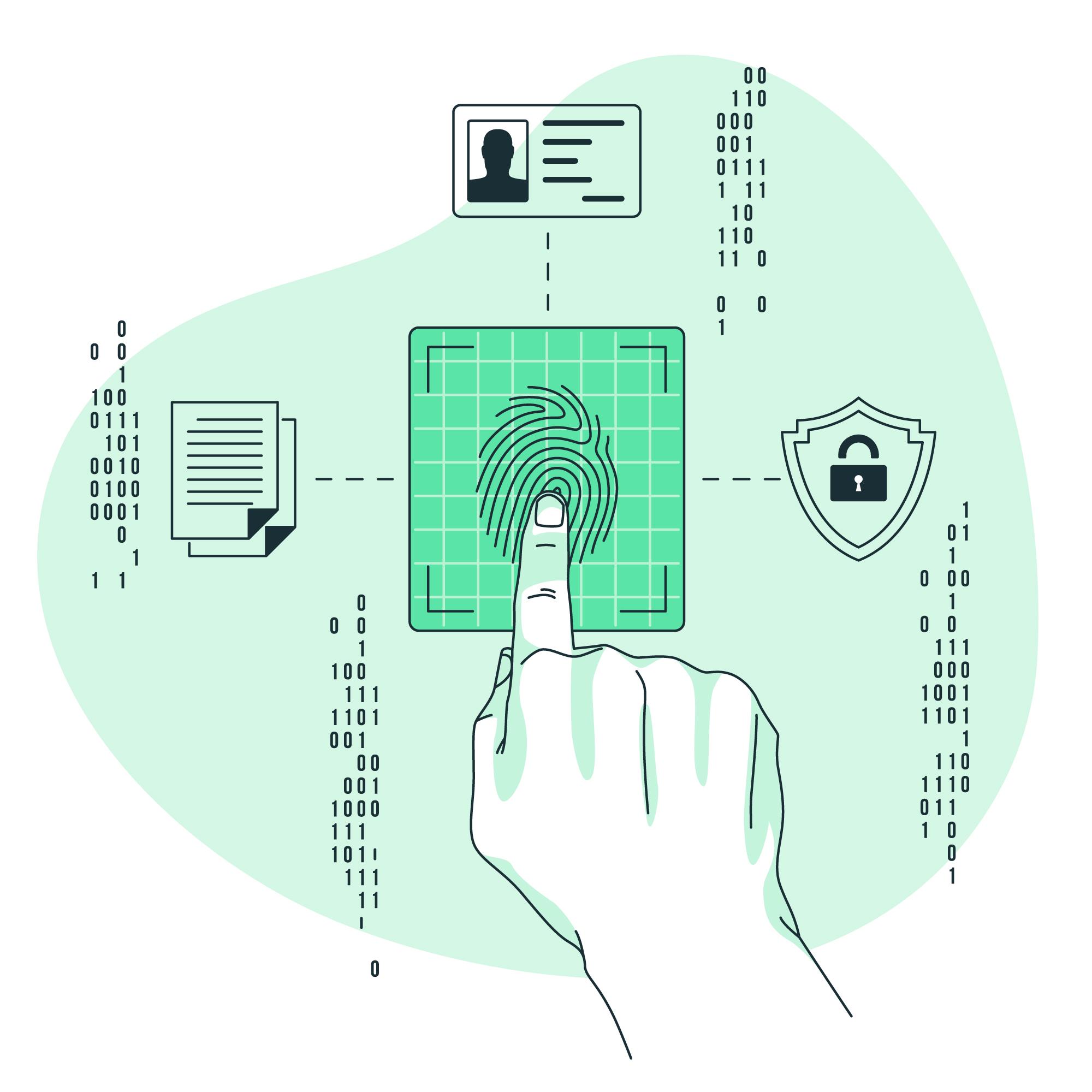Governments worldwide are increasingly offering online services, from tax filings to business permits, that promise convenience and efficiency for citizens and streamlined operations for administrations. Digital identity and authentication are crucial in this digital ecosystem, providing gatekeepers that protect secure and personalized access. The potential benefits of digital identity are numerous, including quick access to healthcare records, streamlined benefits applications, and the ability to vote from home. However, concerns persist regarding privacy, data breaches, and the potential exclusion of underprivileged communities. Additionally, digital literacy gaps can leave marginalized populations on the wrong side of the digital divide. Therefore, finding a balance between security and convenience, privacy and transparency, and inclusivity through targeted support is crucial. Governments must carefully consider these challenges to create a truly inclusive and empowering digital future.
Biometrics, Blockchain: Bridging Boundaries Boldly
The global discussion on creating secure and user-friendly digital identities is ongoing. Two main proposals have emerged: one where the government manages the data and another where individuals control their identities. Centralized systems may be quicker to implement, but they risk privacy breaches and may encounter issues that are difficult to address. In contrast, decentralized systems offer greater security and control but may face scalability challenges.
Biometric identification, such as fingerprint and facial recognition, is increasingly used to enhance security when accessing healthcare records and government benefits. These technologies enable individuals to store vital documents like passports and driver’s licenses on their smartphones. However, creating a global digital identity is a complex undertaking that requires international cooperation and agreement on how the system should function across borders. Blockchain technology has emerged as a potential solution to this challenge.
Governments, businesses, and individuals must collaborate to create a digital identity that is secure, easy to use, and respects privacy. Ensuring equal access to critical services should be a top priority.
Secure Solutions: Safeguarding Services, Streamlining Systems
Digital identity solutions have transformed the traditional bureaucratic processes, enabling citizens to access government services easily. This shift has resulted in quicker processing times and minimal paperwork, making it more convenient for individuals to request business licenses, file taxes, and access benefits without requiring long queues or complicated documentation. Digital identity employs biometrics and secure data encryption to ensure the safety and security of personal information and government services, thus reducing the risk of fraud.
In addition to the benefits to citizens, digital identity solutions also provide significant economic benefits for the government, as automated verification and efficient processes translate into cost savings that can be reallocated to other citizen-centric initiatives. However, it is crucial to ensure that these systems are inclusive and accessible to everyone, regardless of age, technical expertise, or socioeconomic background. This requires special support programs, targeted outreach efforts, and accessible technology choices that can ensure an equitable and secure digital identity ecosystem.
Trust Talks: Fostering Transparency in Digital Identity
The success of digital identity is contingent upon addressing various challenges, including balancing convenience with privacy. While individuals desire convenient access to digital services, they also demand robust data protection to ensure privacy. If someone entrusts all their identity to a digital vault, they expect comprehensive security measures and clearly defined policies. Governments must prioritize strong safeguards, anonymization protocols, and clear data access protocols to earn trust in digital identity systems. Cybersecurity threats and vulnerabilities pose ongoing risks that require constant monitoring and a focus on cybersecurity, vulnerability assessments, and emergency response.
Furthermore, a “digital divide” can exist when specific individuals face difficulty accessing digital resources. Bridging this gap requires inclusive design, affordable technology options, and literacy programs. Critical laws and regulations defining data ownership, access rights, and liability must be established in the event of breaches. International cooperation is necessary to create digital border agreements that ensure seamless identity verification across nations. Global collaboration and a shared vision for a secure and interoperable digital future will harmonize legal landscapes.
Trust is a crucial component of any successful endeavour, including digital identity. Nurturing trust requires transparency and dialogue. To achieve this, open communication about data usage, public consultations on policy decisions, and community engagement initiatives are necessary. Building trust is an ongoing process that requires accountability and transparency. Government officials can help build trust by providing valuable insights, explaining the benefits and risks of digital identity to the community, and demonstrating their trustworthiness. By doing so, they can foster an environment of trust and establish a foundation for a successful digital identity system.
Inclusivity Drive: The Future Landscape of Digital Identity
The future of digital identity is still being written, with exciting possibilities like blockchain-based identity solutions and self-sovereign identity models that give people more control over their data. These innovations could lead to decentralized data stores secured by cryptographic chains and citizens having digital keys to control access to their information, making unlocking services with a tap easier than filling out paperwork. However, balancing innovation with data protection, ethics, and responsible implementation is crucial. Ensuring cybersecurity is strong and providing access to digital identity for everyone is equally important. Failure to do so could result in problems like unchecked government control, digital divides, and cyberattacks. Collaboration among governments, technology companies, and civil society is necessary to design inclusive and secure systems. This means discussing policies, building strong infrastructure, and building community trust. By working together, we can ensure that digital identity is safe and accessible for everyone, making things like accessing healthcare instantly, voting from home, and getting benefits without any problems more secure and fair.
